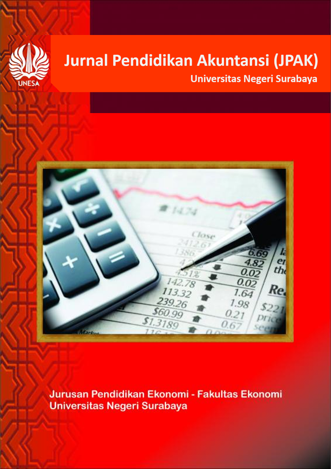Array
DOI:
https://doi.org/10.26740/jpak.v11n3.p299-309Keywords:
Green accounting, SDGs, economy, green city, governmentAbstract
Sustainable environment is a primary focus in achieving the Sustainable Development Goals (SDGs), particularly in urban development and addressing climate change. The green economy is an approach that considers environmental and sustainability aspects in measuring and reporting the economy of a region or organization. This study employs a qualitative approach to describe green accounting and the environmental industry, comparing observed phenomena with existing theories. The analysis indicates that the Jember District Government actively promotes the green economy through local community and business engagement. Initiatives such as Pusaka Lingkungan and Jember Fashion Carnaval serve as platforms to implement strategies for establishing a green economy, encompassing the greening of economic development structures and processes; fiscal and monetary policies; financial markets; industries, businesses, and corporations; as well as education, mass media, and public involvement. The Jember District Government should maximize adherence to central government directives to support national efforts in the green economy for a comprehensive implementation of the national green economy strategy.
Downloads
Downloads
Published
How to Cite
Issue
Section
License
Authors who publish with this journal agree to the following terms:
- Authors retain copyright and grant the journal right of first publication with the work simultaneously licensed under a Creative Commons Attribution License that allows others to share the work with an acknowledgement of the work's authorship and initial publication in this journal.
- Authors are able to enter into separate, additional contractual arrangements for the non-exclusive distribution of the journal's published version of the work (e.g., post it to an institutional repository or publish it in a book), with an acknowledgement of its initial publication in this journal.
- Authors are permitted and encouraged to post their work online (e.g., in institutional repositories or on their website) prior to and during the submission process, as it can lead to productive exchanges, as well as earlier and greater citation of published work (See The Effect of Open Access).

Jurnal Pendidikan Akuntansi (JPAK) is licensed under a Creative Commons Attribution-NonCommercial 4.0 International License.
 Abstract views: 497
,
Abstract views: 497
, PDF Downloads: 582
PDF Downloads: 582



